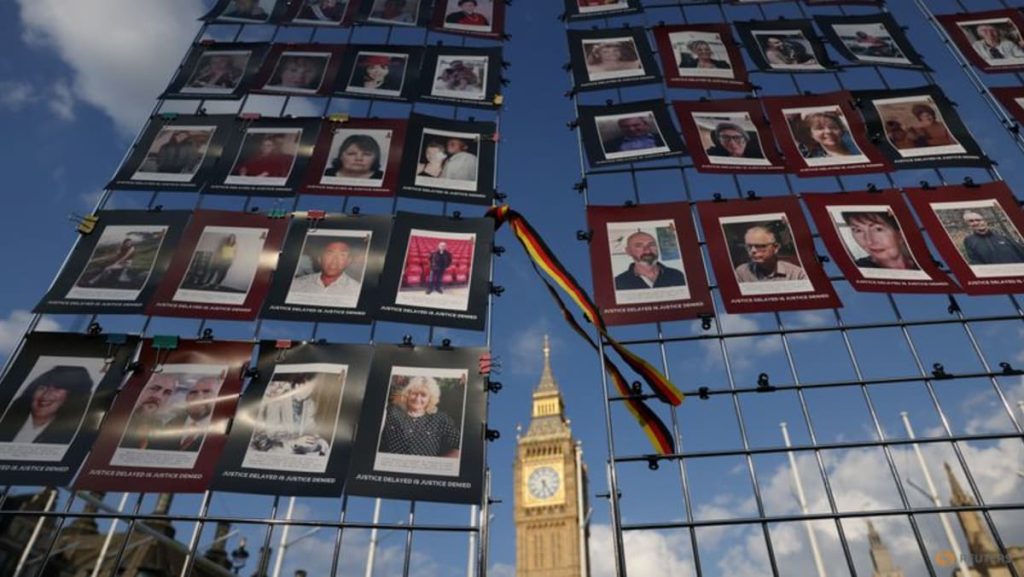An infected blood scandal in Britain was revealed to be the result of doctors and government negligence, leading to 3,000 deaths and thousands more being infected with hepatitis or HIV. The scandal occurred in the 1970s and 1980s, with more than 30,000 people receiving contaminated blood products from the National Health Service. Inquiry chair Brian Langstaff described the cover-up as more subtle and chilling than an orchestrated conspiracy, with the government hiding the truth to save face and expenses. Prime Minister Rishi Sunak expressed shame on behalf of the British state, acknowledging the failure of ministers and institutions in a devastating manner.
The families of victims and survivors had long sought justice, with Langstaff leading a six-year inquiry to uncover the horrifying and astonishing scale of the tragedy. The use of blood products from US prisoners and other high-risk groups infected children with HIV or hepatitis C, while some victims were used in medical trials without their knowledge or consent. Those who contracted HIV faced social stigma and discrimination from their communities. Langstaff emphasized that the infections were not accidental, stating that patient safety was not prioritized by doctors, the blood services, and governments.
One victim, Stephen Lawrence, shared his experience of being diagnosed with HIV and hepatitis C at the age of 15 after receiving infected blood following an accident. He expressed the struggles he faced due to accusations of drug use and drinking, highlighting the importance of seeking justice and compensation for the injustices endured for 37 years. The scandal also had repercussions in other countries, such as the United States, France, and Canada, where victims of infected blood faced similar challenges.
In 2022, the British government agreed to provide an interim payment of £100,000 to some of those affected by the infected blood scandal. Clive Smith, chair of the Haemophilia Society, expressed how the scandal had shaken faith in the medical establishment and challenged the trust placed in healthcare providers to protect and care for patients. The public inquiry’s findings brought to light the failures in ensuring patient safety and the devastating impact of the infected blood scandal on thousands of individuals. The acknowledgment of the injustice and commitment to providing compensation reflects a step towards addressing the long-standing grievances of victims and survivors affected by the tragic events.


